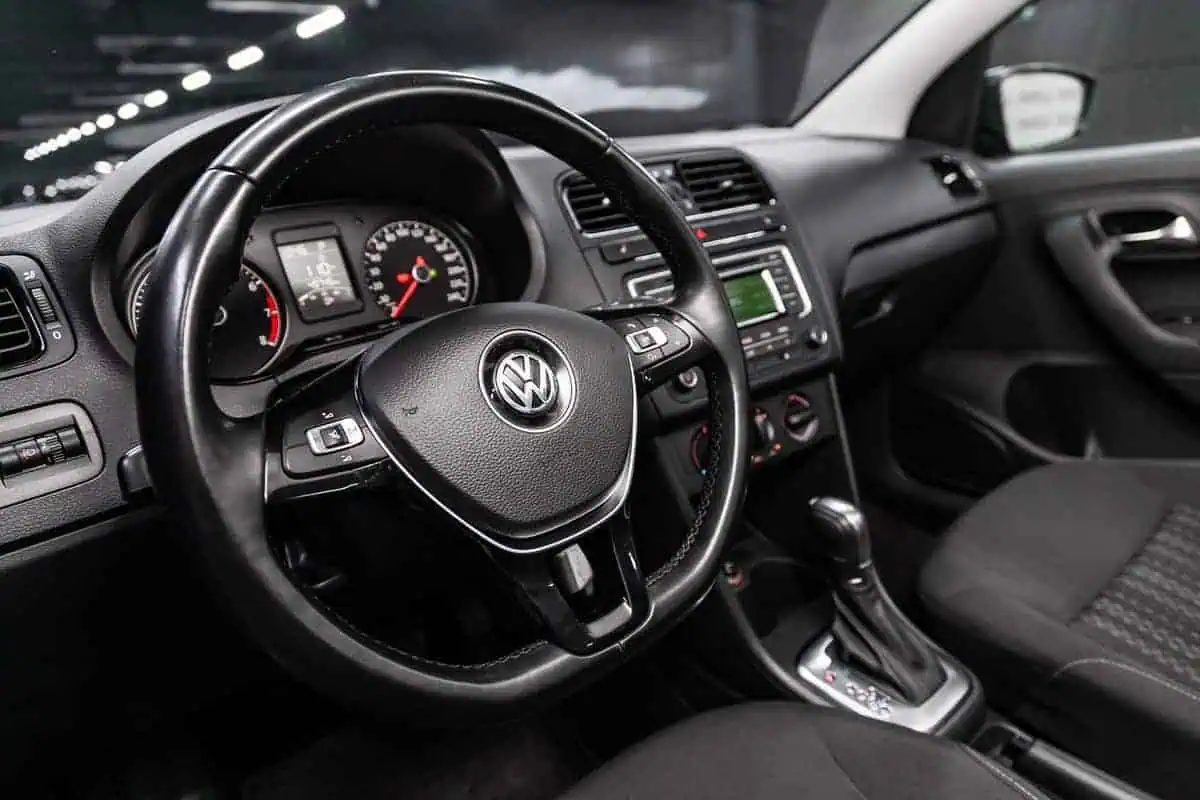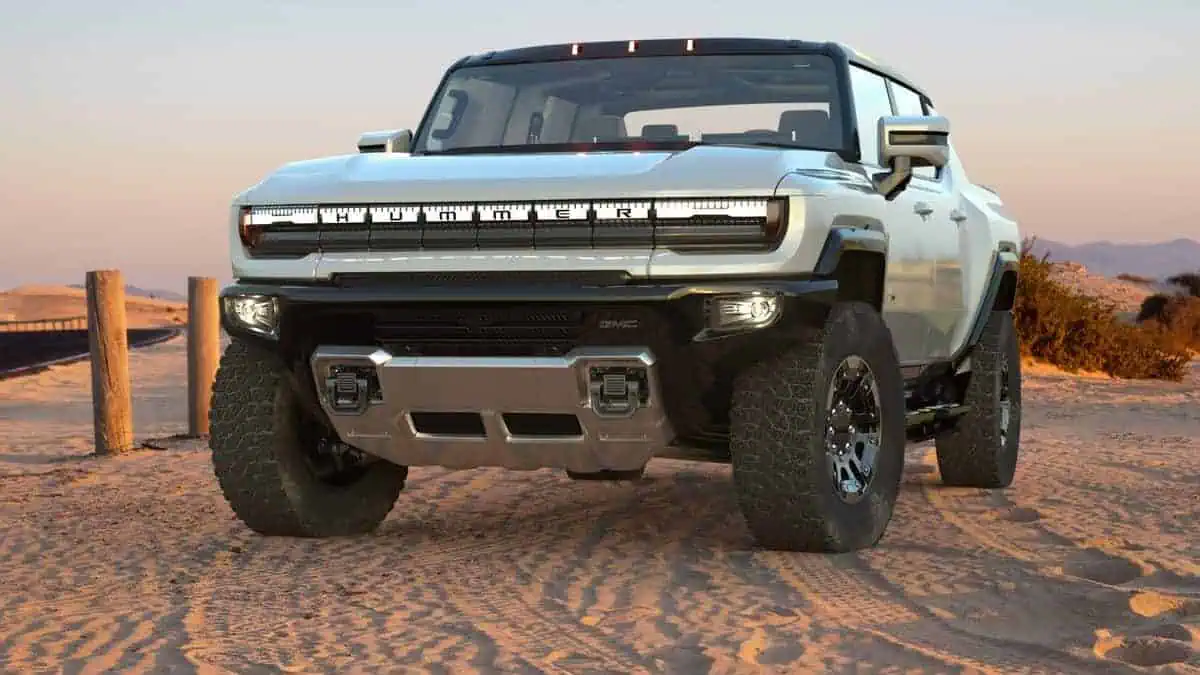Volkswagen will supply electric parts to Mahindra for its EV platform “Born Electric.”
German automaker Volkswagen and India’s Mahindra & Mahindra Ltd. (M&M) are exploring a partnership to use VW’s MEB electric components for Mahindra’s new “Born Electric Platform.” Both companies signed a Partnering agreement on May 18. The agreement evaluates the scope of collaboration and a binding supply agreement that will be concluded by the end of 2022.
Mahindra’s “Born Electric Platform” is a new EV platform that will use components from VW, such as electric motors, battery system parts, and battery cells.
“Together with Mahindra, we want to contribute significantly to the electrification of India, a huge automotive market with enormous growth potential and high relevance for climate protection. It’s another proof point that the MEB is both technologically state of the art and highly competitive in terms of cost,” said Thomas Schmall, CEO of Volkswagen Group Components.
Volkswagen’s MEB platform is designed as an open vehicle platform that allows car manufacturers to build their cars quickly and cost-effectively. It is currently used by its other group companies, such as Audi and SKODA, and other external partners.
“The MEB is thus progressively developing into the leading open platform for e-mobility, generating significant volume and economies of scale. That’s crucial for every company in the EV world and the key to competitive solutions for our customers.” Schmall stated.
Mahindra’s Rajesh Jejurikar, Executive Director of Auto and Farm Sectors, also commented on the partnership: “We are very pleased to have Volkswagen, a significant global investor in the electric mobility space, as a strategic partner in achieving our ambitious Born Electric Vision. The complementarity of their extensive technology, innovation, and vertical integration in supply chains, will provide a framework to develop our next gen “Born Electric Platform,” to be revealed soon in Oxfordshire UK. Our teams across India, UK and Detroit are passionately creating a breath-taking future.”
Both companies’ objectives are to electrify the Indian market. During the Glasgow Climate change conference, India has committed itself to 100 % zero-emissions vehicles from 2035 onwards. In line with this, the electric passenger car sector is expected to increase in the following years.
Currently, India is among the Global Top-5 Automotive Markets, with about three million vehicles per year.






